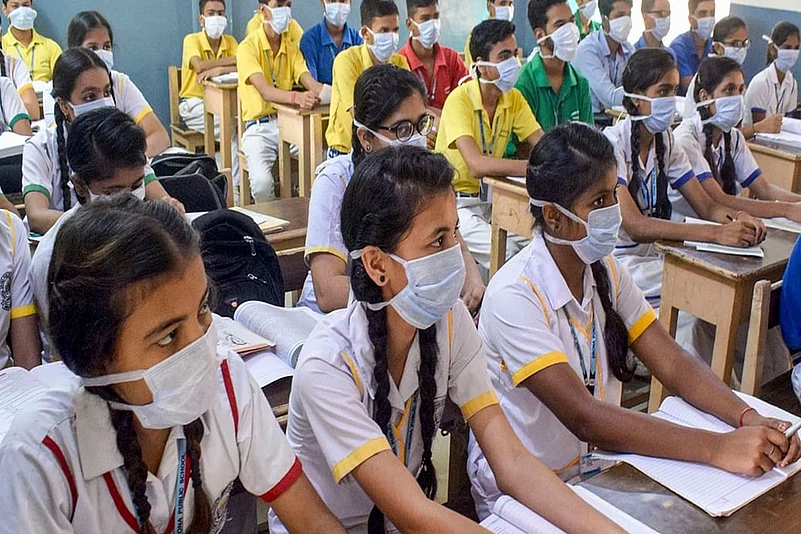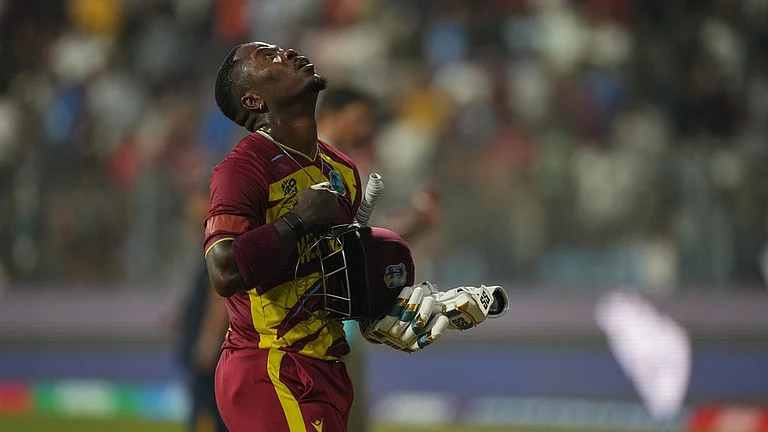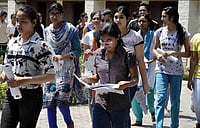When Covid-19 cases have been on a continuous decline for almost two months and many states like Delhi/NCR are now reporting around or less than 100 daily active cases, health experts have vouched for opening up of educational institutions in a staggered manner.
The government had closed all schools and colleges in February 2020 when Covid-19 cases had hit the country and since then no efforts have been made to frame any guideline to open these.
Some states like Himachal Pradesh and Kerala had opened their schools after the first wave but when new Covid-19 cases started rising in early April, they were shut down.
In contrast, many countries like the United States, United Kingdom, Singapore to name a few had also shut down their institutions according to prevailing Covid-19 conditions but soon after cases came down they immediately resumed the classes.
“The United Kingdom kept its schools opened even when Covid-19 was at its peak in the country. It is because they believe that keeping children away from regular classes will have a detrimental impact on their mental growth and, second, kids are the least vulnerable of Covid-19 of all age group,” Dr Sanjay Rai, professor, community medicine, All India Institute of Medical Sciences, Delhi said.
Even countries like Sweden never shut down their schools and colleges despite having more than 9000 active cases a day in December 2020 when they had witnessed the first wave.
Dispelling the much-hyped fear that the third wave will impact kids, Dr Jugal Kishore, the head of community medicine at Safdarjung Hospital, said that a recent survey done by Pimpri Chinchwad Municipal Corporation of Pimpri in the Pune district shows that 70 per cent of kids in the 6 to 18 age group have already got antibodies against the disease.
“This shows that they have been equally affected as grownups and elder ones. So, the fear of kids getting infected in the third wave is completely unfounded and without any scientific basis,” Dr Kishore said.
He added, “I have been advocating the opening up of schools for very long as I believe that kids are missing the critical period of their lives which they should spend in schools.”
“Schools provide important services and supports for children’s academic, social-emotional and physical health. For instance, social interaction among children in grades K-12 (from kindergarten to 12th grade) is important not only for emotional wellbeing, but also for children’s language, communication, social, and interpersonal skills,” Dr Kishore, who is also Vice President (Hony) Indian Association of Epidemiologists, said in one of his studies published on the subject, “Reopening of School in COVID 19 Pandemic” in Indian Journal of Youth and Adolescent Health.
Noted health experts suggest that it is high time government should start framing guidelines in this direction. They suggest that the process should begin with colleges and higher classes in schools first as it is easy to enforce appropriate Covid behaviour among grown-up children.
Dr Vikas Bajpai, an Assistant Professor, Centre of Social Medicine and Community Health, Jawaharlal Nehru University, is in favour of opening up schools along with certain conditions.
He suggests that schools should ensure that overcrowding shouldn’t happen and if they have to run the school in two shifts, they should do it.
“Besides, proper medical facilities for regular health check-ups of children, ensuring appropriate Covid-19 behaviour will also be a challenge. Schools should be prepared for all these things without putting any extra financial burden on parents,” Prof Bajpai said adding that the government should also come forward to support schools in this endeavour.
Prof RM Pitchappan, a noted immunologist and a visiting professor at Madurai Kamaraj University, agrees with Prof Bajpai and says that school authorities should ensure that teachers and staff are vaccinated and children shall be advised to abstain if they have any symptoms, of cough, rhinitis/fever, etc.
“I suggest parents should be educated to give one hour of compulsory playtime to all the children, maybe in the evening 4 to5 or so. It should include 10 minutes of running and then physical exercise: like a mass drill, gym, respiratory exercises, etc. This will keep their respiratory system and health in robust condition,” Pitchappan said.
Dr Rahul Bhargava, head of, hematology dept from Fortis Hospital Gurgaon, suggests that the government should make a proper guideline keeping in mind the infrastructural, human resource and financial challenges that private and government schools have been facing in the post-Covid scenario and extend its support.
“Whether in two-shifts or alternate days or hybrid mode whatever should be possible, I think the government should engage all the stakeholders and make a broad guideline in a consultative manner. If the process will not start now, it will be too late. Closing down of schools is taking its toll on the mental health of the students,” Bhargava said.
He added, “After all, how long will we continue to live in the fear of another wave and keep schools closed?”




















.jpg?w=200&auto=format%2Ccompress&fit=max)

_550_550.jpg?w=200&auto=format%2Ccompress&fit=max)



